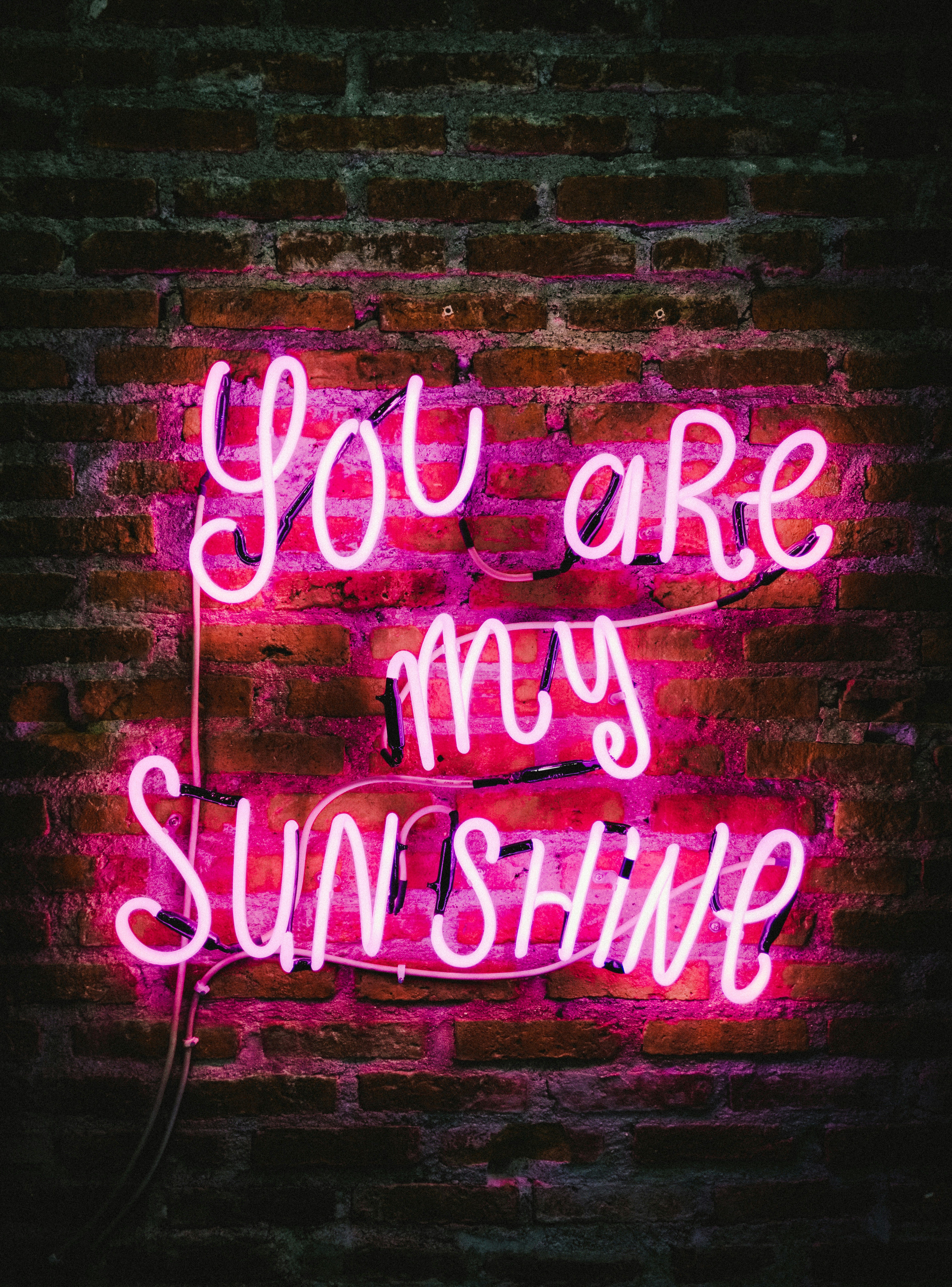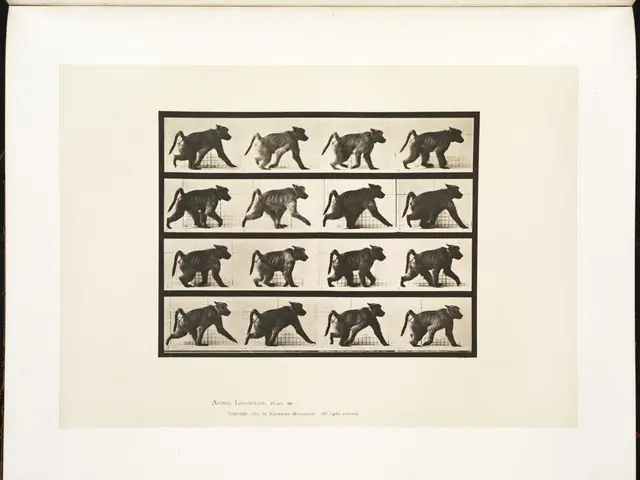Russian paramilitary group, dubbed "Night Wolves," pay tribute with floral arrangements at Brandenburg location.
**"Ride to Rebellion": The Night Wolves' Controversial Trip to Berlin
The notorious Russian biker gang, the nationalist motorcycle club "Night Wolves," is causing a stir with their self-proclaimed "rebel ride" to Berlin. Despite sanctions against the club and its members due to their stance on Ukraine, the convoy continues its journey towards its destination.
Recently, members of the motorcycle group paid a visit to two Soviet memorial sites in Brandenburg. In Schönwalde and Baruth, bikers from the motorcycle club laid wreaths as police looked on. Previously, the approximately 60 bikers with 50 motorcycles had made a stop in Dresden.
The Russian bikers embarked on their journey from Moscow at the end of April to commemorate World War II in Berlin. This time, they are embarking on a contentious "rebel ride" from Moscow to the German capital, similar to last year's trip. In 2015, German authorities annulled the visas of several members and prevented their entry.
This year, the occasion is the 80th anniversary of the end of World War II, which the "Night Wolves" plan to mark on May 9 at the Soviet Memorial in Berlin's Treptower Park. "This will not only symbolize the triumph against fascism but also the enduring values of peaceful coexistence and the friendship of peoples," the bikers announced in advance.
The Night Wolves: Putin's Rebel Bikers
The "Night Wolves" are extreme nationalists who support Russian President Vladimir Putin and endorse the annexation of Crimea. Due to their stance on Ukraine, the club and its members face sanctions, leaving it uncertain whether the Russian bikers would even make it to Berlin.
The club acknowledges the debate in Germany over whether Russian representatives should be allowed to attend official World War II commemorations. "Russia has no one to ask and Russia asks no one," said one member, Sven. "It's all irrelevant," said another, who also expressed a lack of understanding. After all, it was their ancestors, members of the Red Army, who fell in the fight against Nazi Germany during World War II. The Soviet Union, Russia's legal successor, lost 27 million people in World War II.
Some members of the "Night Wolves" are certain that someone from their group will be in Berlin on May 9. The club has members in Germany, who laid wreaths and red carnations shortly before an official World War II commemoration in Torgau on the Elbe on Friday.
Documentaries Putin's Rebel Clan: The Role of the Night Wolves in Russia
Moscow Streets for the Night Wolves
The club combined their departure with the start of the biker season. It took almost an hour for hundreds of motorcycle riders to leave the club grounds. In Moscow, streets were closed for them. Some wore camouflage uniforms, others wore vests with the snarling wolf logo and flame tail.
They carried club flags, as well as Russian and German flags. Some vehicles also displayed the letter "Z," the banned symbol of Russia's war against Ukraine in Germany.
On May 8, 1945, Germany surrendered, and World War II ended in Europe. Every year on May 9, Russia celebrates victory over Hitler's Germany as "Victory Day." Federal President Frank-Walter Steinmeier urgently warned the Bundestag about the danger of nationalism, dictatorship, and war returning. Besides the resurgence of right-wing extremism in Germany, Steinmeier sees this threat particularly in those countries that, at immense cost, brought about the defeat of Hitler's fascism. "The liberators of Auschwitz have become new aggressors," Steinmeier says about Vladimir Putin's Russia.
Sources: ntv.de, gut/dpa
- Rebel Bikers
- Nationalism
- World War II
- 80th anniversary of the war's end
- Russia
- Brandenburg
- Berlin
- Vladimir Putin
- Germany
- Sanctions
Enrichment Data:The controversy surrounding the Russian biker gang Night Wolves and their planned "rebel ride" to Berlin primarily stems from the group's close association with the Kremlin and the political tensions involved. As pro-Kremlin nationalists, the Night Wolves' ride is seen as a politically charged event amidst heightened tensions between Russia and Europe, rather than a neutral or purely commemorative act. The event has been widely criticized due to the group's ties to Russian President Vladimir Putin, support for Russian policies, and addition to the European Union's sanctions list alongside Russia's largest bank, Sberbank. Their presence is viewed as a symbol of Russian nationalism and a form of political messaging that goes beyond celebrating the war's end. The controversy is further fueled by the context of Russia's ongoing conflict with Ukraine, where historical memory of World War II is deeply entwined with current geopolitical struggles. The Night Wolves' journey is perceived by many as an attempt to assert a Russian narrative over Europe, which many countries find inflammatory and destabilizing.
- The Night Wolves, Putin's pro-Kremlin nationalist motorcycle club, embarked on a contentious "rebel ride" from Moscow to Berlin, paying homage to the 80th anniversary of the end of World War II.
- In Brandenburg, members of the Night Wolves laid wreaths at Soviet memorial sites, an action observed by police, as they continued their journey towards Berlin.
- The Night Wolves plan to mark the occasion in Treptower Park, symbolizing a triumph against fascism and enduring values of peaceful coexistence and the friendship of peoples.
- Despite facing sanctions, the bikers expressed certainty that someone from their group will be in Berlin on May 9, with members already present in Germany for commemorative events.
- The Night Wolves' close association with the Kremlin, their stance on Ukraine, and addition to the EU's sanctions list have contributed to the controversy surrounding their ride.
- The journey is viewed by many as a politically charged event amidst heightened tensions between Russia and Europe, rather than a neutral or purely commemorative act.
- Germany's Federal President Frank-Walter Steinmeier has warned of the dangers of nationalism, dictatorship, and war returning, citing the resurgence of right-wing extremism in Germany and the current geopolitical context in Europe.
- The Night Wolves' ride is perceived by many as an attempt to assert a Russian narrative over Europe, which many countries find inflammatory and destabilizing.





